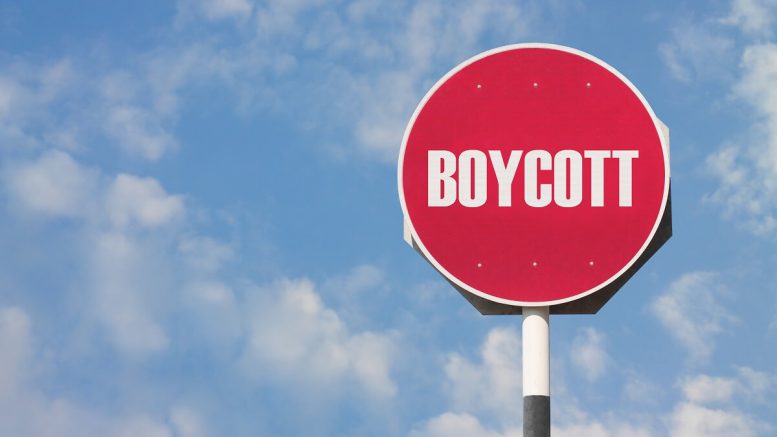In the democratic setup one often finds a lot of space for voicing ideas, thoughts, dissents, protests, and non-acceptance of issues, ideologies, and even products & services. Protests can be on wide-ranging issues from product quality, service issues, socio-political angles, ecological and environmental issues, and other management or employees related to the products and services.
When such protests lead to boycotts and breakdowns, they make a direct impact on corporate performances in both toplines and bottom lines apart from creating perception issues and destroying the image of the organisations. While social activism and raising questions on brand initiatives is not something new, their impact on a brand’s image and all the good work of yesteryears can be huge in today’s hyperconnected world.
We have seen many established players creating a great piece of brand communication made around festivals and social issues spiraling into a full-blown crisis triggered by trolls and people following strong ideologies that wouldn’t support the brands’ vision thereby affecting even common men and fuelling boycotts via herd mentality.
With the social media networks and a hyper-connected world through multiple devices and platforms, any activist-driven news, whether real or fake has the potential to travel very fast and make a solid dent in the image built by the brands over many years. Activism will go to any extent to make people believe in the points driven by activists and establish the same as true for most of them who would get access to such information. And many times, if not checked in time the activists can even control the conversations, and it might take much longer to undo the impact of their messaging on the brand perceptions.
Often good planning and enough foresight can prevent such situations of crises. Not only that, if there is a good vision among the corporate communications professionals, such expected potential crises can become opportunities to enhance brand image. What is important is to understand how much preparedness a brand has to deal with such potential threats.
Typically, if the brands follow their environment closely, and observe and understand the reactions at various touchpoints in a regular, systematic, and consistent manner, brands can gauge any potential crisis leading to boycotts. Looking for any groups of activists who have been working towards attacking the similar area of operations, watching them, and understanding their activities or other brands, learning about their modus operandi and how they mobilise resources, and carefully analysing the impact they’d make on others will give you enough insights to avoid potential crises.
Following and researching various activists of concern as a potential threat to your brand will help you to know more and get a better idea about them. Using the same tools they would use to trigger a crisis against your brand for dealing with the crisis is a great idea in today’s connected world as you have availability of the same audience at the same time.
A good communications strategy can be developed based on the above understanding, leading to better preparedness and readiness to battle such crises. A well-trained staff, with a communication plan backup, ready messages, along with execution plan can help in a rapid turnaround in preventing such crises or responding to and managing them.
Boycotts often have a huge impact on the entire value chain and not just end consumers as they affect vendors, partners, business associates, end-users, employees, and other stakeholders equally. Opinions, views, interactions, trolls, attitudes, perspectives, and reactions can trigger a tempest among the minds of brand followers, users, and consumers prompting them to a boycott, but careful planning can easily avoid and overcome such crises!
The views and opinions published here belong to the author and do not necessarily reflect the views and opinions of the publisher.



Be the first to comment on "Addressing Boycotts via Communications"